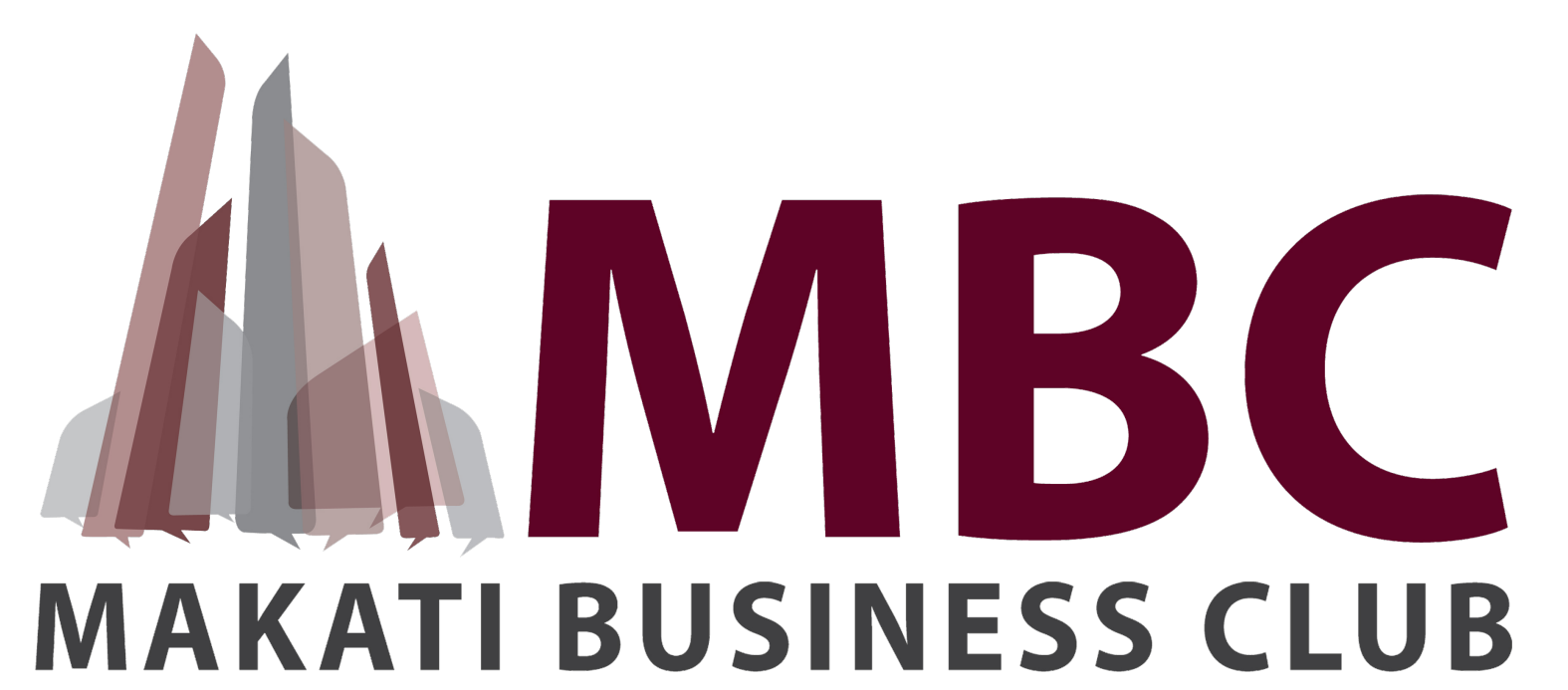January 31 – The Makati Business Club launched its Integrity Series in a public-private sector dialogue on strengthening transparency and integrity in infrastructure development.
The MBC Integrity Series is done in partnership with the British Embassy Manila and enables dialogue between business and government to share best practices in integrity and address challenges caused by corruption, especially in public-private partnerships.
Usec. Catalina Cabral, Department of Public Works and Highways (DPWH) Undersecretary for Planning and PPP, shared critical updates of Build, Build, Build. In line with the President’s directive to monitor corruption in the government, DPWH implements critical interventions to ensure the efficient delivery of infrastructure projects, which now includes a new critical feature: updated geo-tags of projects in the BBB pipeline.
Undersecretary Cabral also shared the Department’s interpretation of integrity: “The kind of integrity we usually refer to is doing what is right, regardless of whether there is a regulatory body to oversee things or not. At DPWH, our goal is structural integrity – ensuring that public projects we undertake are of correct value and will be delivered efficiently and with transparency.”
Public-Private Partnership Executive Director Ferdinand Pecson shared a key challenge in the PPP pipeline: “Usec. Pecson: Potential troublesome hotspots lie in unsolicited proposals – a lot of which are in local governments. We have seen contracts where the private partner is allowed to terminate a contract without the approval of local government counterparts.”
To address this, the PPP Center looks out for local government units, who often do not have lawyers, and provides legal assistance to review terms of unsolicited proposals from big companies.
The dialogue also featured a private sector panel with representatives of British and Philippine firms: Cesar Romero, Country Head of Shell; Raul Manlapig, Managing Director of Arup; and Erwin Jallorina, AVP for Business Development of Aboitiz.
To close the program, Rachel Holloway, Chief Economic Adviser of the UK Department for Business, Energy and Industrial Strategy shared the UK perspective of best practices in regulation. Emphasizing the citizen’s charter as an important tool for transparency, she said, “We need legislation to protect people – to ensure they can safely report instances of corruption. Citizens’ charters are of high importance.”
